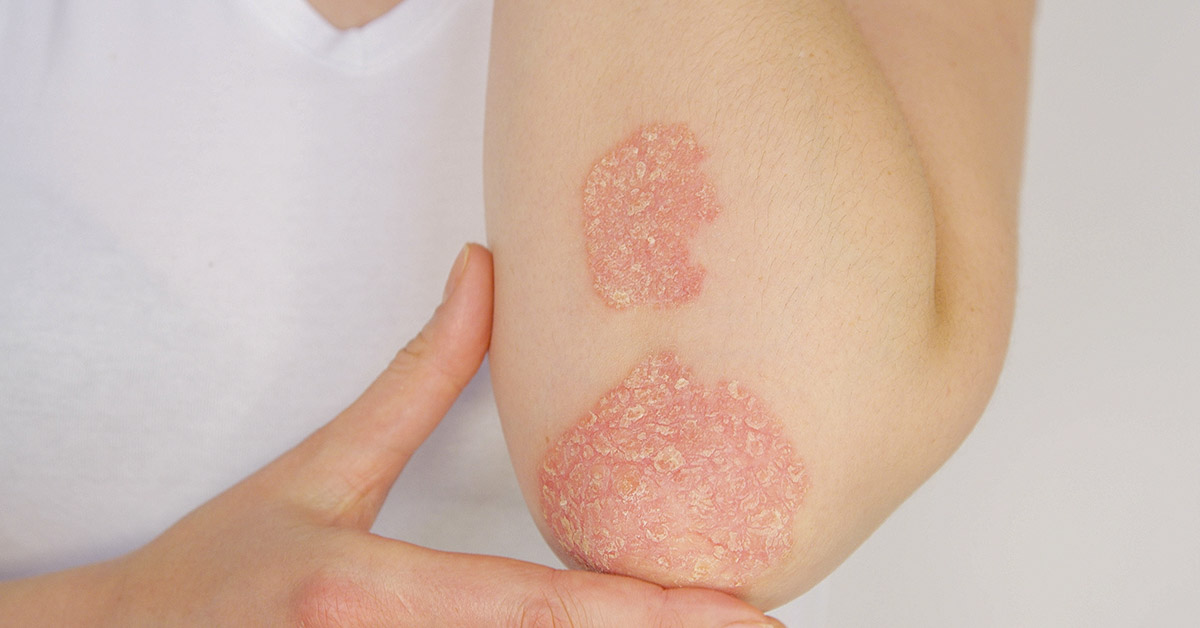Psoriasis is a chronic skin condition that affects more than 8 million Americans and 125 million people worldwide. Despite how common it is, we still don’t know exactly what causes it – or how to cure it. We do know, however, that certain diet and lifestyle interventions can help to manage it fairly well. This is what we know about psoriasis so far, and how you can manage it at home.
What Is Psoriasis?

Psoriasis is a chronic skin condition that manifests in different forms. These include plaque psoriasis, guttate psoriasis, inverse psoriasis, pustular psoriasis, and erythrodermic psoriasis. Regardless of the type, psoriasis is characterized by red patches of skin with silvery scales. Though it is possible to develop psoriasis at any age, it most commonly occurs in people between the ages of 10 and 40. Several factors contribute to psoriasis, including an overactive immune system, genetic inheritance, stress, and environmental triggers like infections, injuries, and certain medications. (1)
Read: Psoriasis and Eczema Sufferer Created Diet That ‘Cured Her’ and is Helping Thousands of Sufferers
Managing Psoriasis

While psoriasis cannot be cured, numerous natural remedies can help manage symptoms and enhance the quality of life. Below are ten ways to help manage psoriasis naturally.
1. Maintain a healthy weight
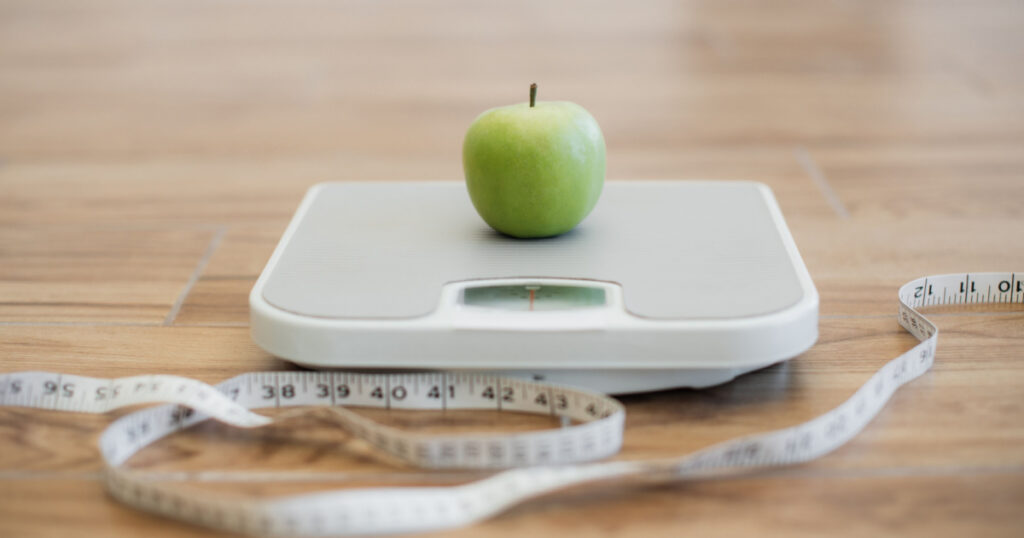
Research shows that obese individuals have a higher risk of developing psoriasis and experience more severe symptoms. By maintaining a healthy weight, you reduce inflammation, improve skin health, and enhance your overall well-being. (2)
2. Practice stress management

Stress is among the most common triggers for psoriasis. When you experience stress, your body releases inflammatory cytokines that cause skin inflammation and eruptions. By practicing mindfulness, meditation, yoga, or any other stress-reducing method, you can calm your body and alleviate psoriasis symptoms. (3)
3. Consume an anti-inflammatory diet

Foods like sugar, processed meats, and refined carbohydrates cause inflammation and aggravate psoriasis. Instead, embrace a diet rich in whole foods, fruits, vegetables, and lean proteins such as fish, beans, and nuts. These foods contain antioxidants that reduce inflammation, prevent oxidative stress, and promote skin repair. (4)
4. Get some sun

Adequate sun exposure produces vitamin D, a vital nutrient that modulates the immune system and reduces psoriasis flares. Expose your skin to the sun for about 15 minutes daily, and use sunscreen or sun-protective clothing if you plan to stay outside for longer. (5)
5. Apply aloe vera
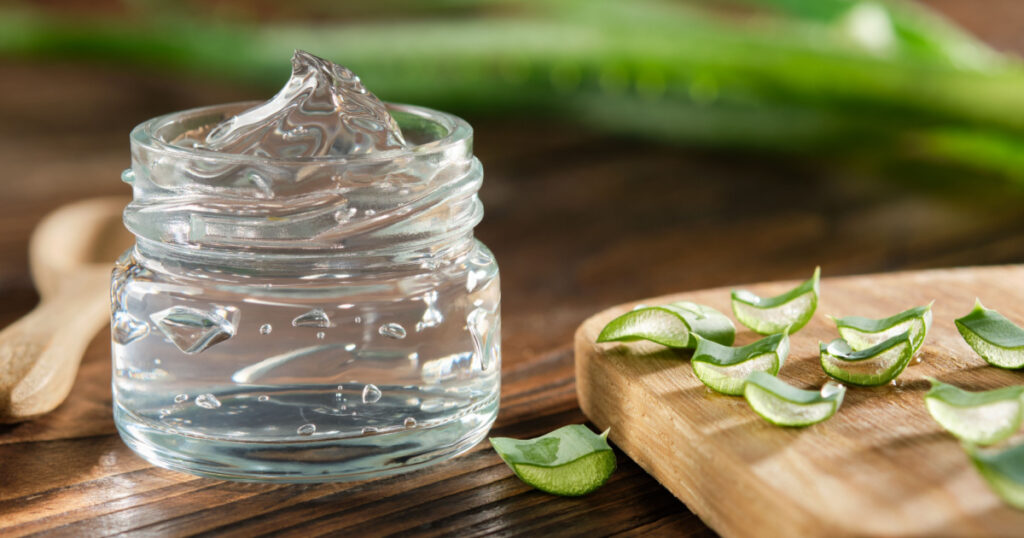
Aloe vera has potent anti-inflammatory, antibacterial, and antifungal properties that soothe irritated skin. Apply a thin layer of aloe vera gel onto your skin to reduce itching, redness, and scaling. If you keep your aloe vera gel in the refrigerator, it will have an even greater cooling effect. (6)
Read: Woman Clears Psoriasis Covering 90% Of Body After Claiming She “Discovered Root Cause”
6. Use apple cider vinegar
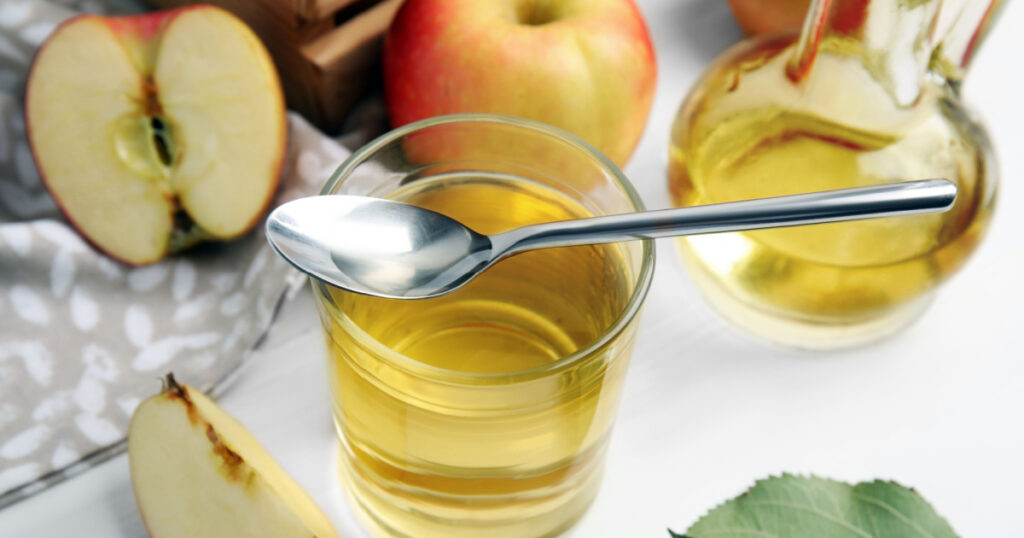
Apple cider vinegar has acetic acid, which normalizes the skin’s pH and reduces bacterial infections. Dilute equal portions of apple cider vinegar with water and use a cotton ball to apply to the affected skin twice daily. This dilution is very important – applying apple cider vinegar directly to the skin with it can damage the skin further. (7)
7. Take an oatmeal bath
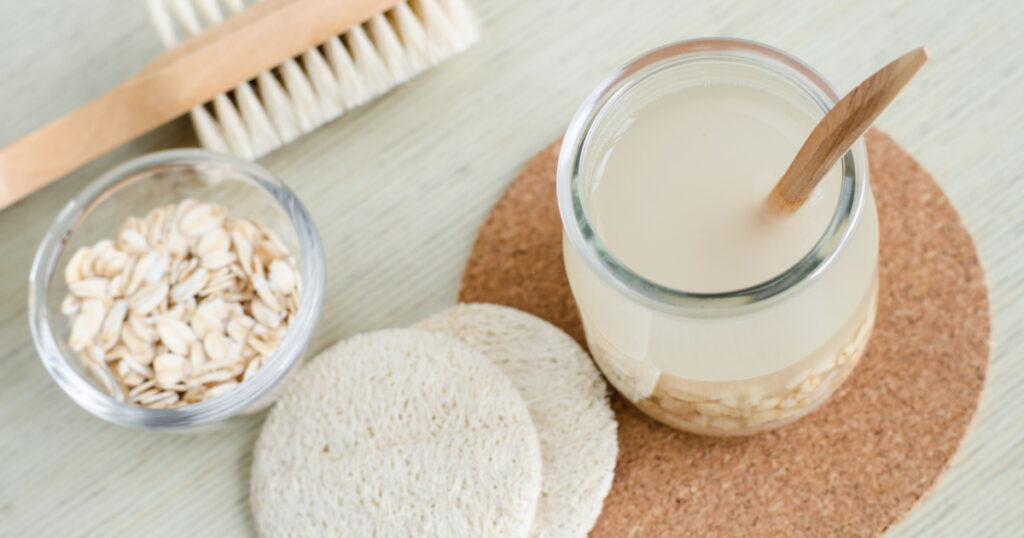
Oatmeal has anti-inflammatory compounds that soothe and moisturize sensitive skin. Add colloidal oatmeal to your bathwater and soak for about 15 minutes to reduce itching and dryness.
8. Use essential oils
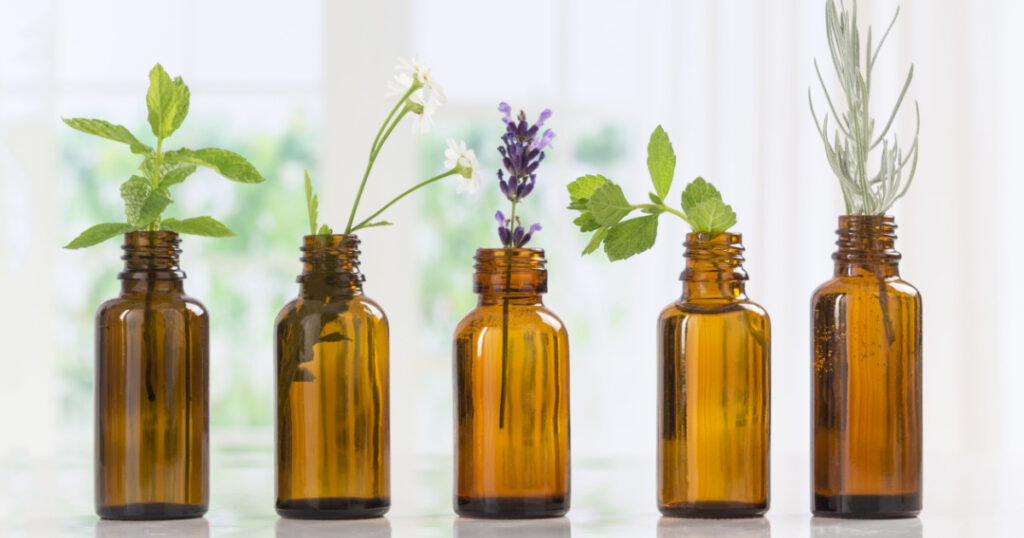
Essential oils like bergamot, tea tree, and chamomile have potent anti-inflammatory properties that minimize psoriasis flares. Add a few drops of your favorite essential oil to a carrier oil and apply to the affected skin. Again, it is important to dilute these oils with a carrier oil, so as not to apply them concentrated directly to the skin. Follow the instructions on the package or ask a certified practitioner. (8)
9. Exercise regularly

Exercise boosts circulation, reduces stress, and improves heart health. It also induces sweating, which is one of your body’s best detoxification methods and is incredible for the health of your skin. Engage in regular physical activity to enhance your immune system, and reduce psoriasis symptoms. (9)
10. Stay hydrated

Water is essential for skin elasticity and overall health. Drinking enough water keeps your skin moisturized, reduces skin inflammation, and minimizes psoriasis eruptions. (10)
The Bottom Line

Psoriasis is a challenging condition to manage, but natural remedies like maintaining a healthy weight, practicing stress management, consuming an anti-inflammatory diet, getting some sun, applying aloe vera, using apple cider vinegar, taking an oatmeal bath, using essential oils, exercising regularly, and staying hydrated can help reduce symptoms and improve overall quality of life. Consult with a healthcare provider before trying any new natural remedy or treatment.
Keep Reading: Tea tree oil is far more useful than you think. Here are 10 reasons why you need it at home
Sources
- “Psoriasis.” Mayo Clinic
- “Effects of Weight Loss on Psoriasis: A Review of Clinical Trials.” NCBI. Hammam A Alotaibi. October 2018.
- “Causes and Triggers.” Psoriasis
- “What’s the Deal with the Anti-Inflammatory Diet?” Psoriasis
- “Psoriasis and the Sun: What You Need to Know.” Dermatology of Boca
- “A prospective, randomized clinical trial comparing topical aloe vera with 0.1% triamcinolone acetonide in mild to moderate plaque psoriasis.” Online Library. C Choonhakarn, et al. January 7, 2010
- “PSORIASIS TIPS: HOME. REMEDIES FOR PSORIASIS.” Psoriasis
- “Can essential oils treat psoriasis?” Medical News Today. Markus MacGill. December 18, 2018.
- “Psoriasis and Exercise: A Review.” T and F Online. Samuel Yeroushalmi, et al. November 17, 2022
- “Does Drinking Water Help With Psoriasis?” Silver Falls Derm. May 6, 2022
